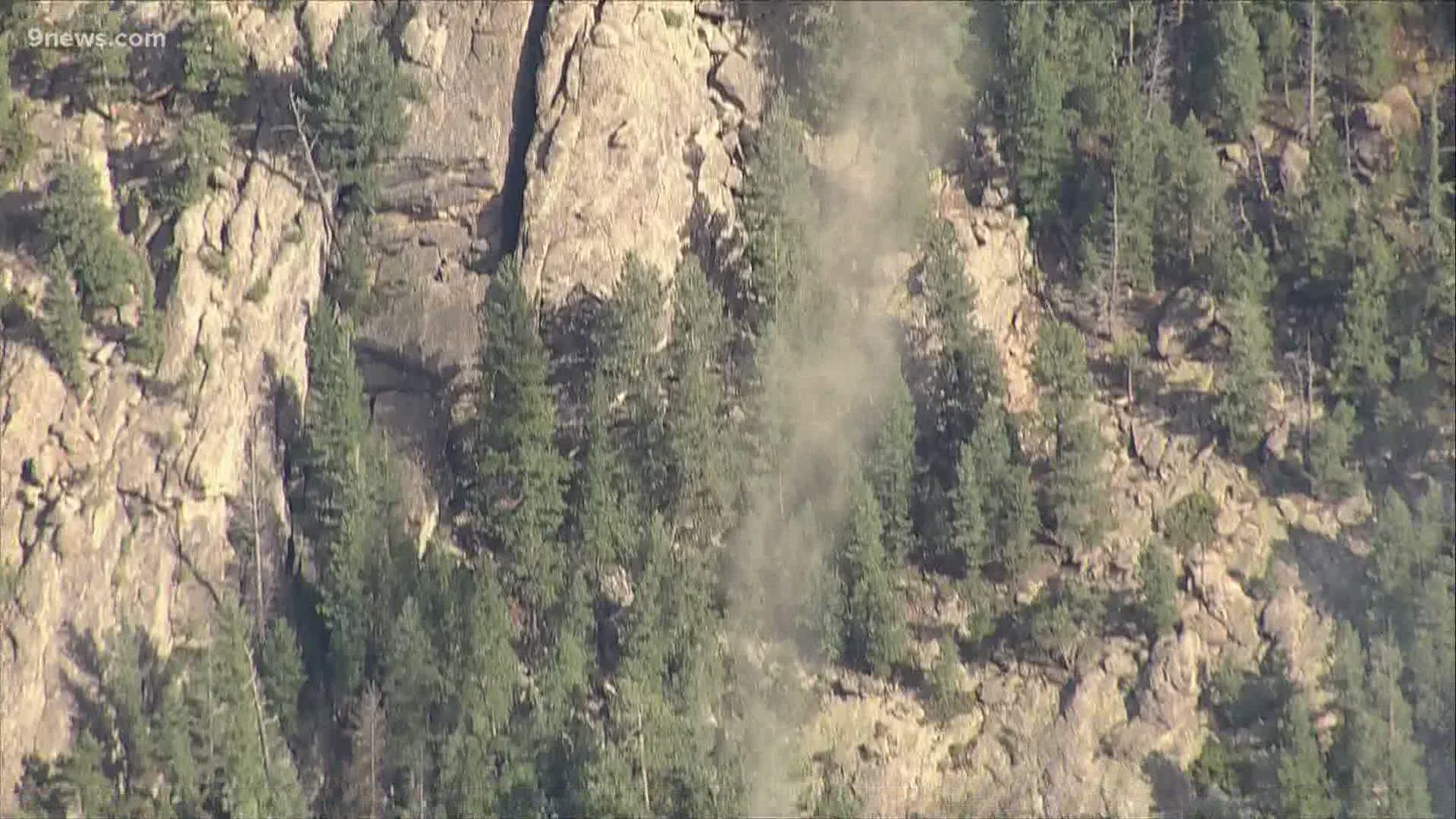CENTENNIAL, Colo — The 2020 Colorado wildfire season burned a record 678,246 acres which included the three biggest fires in state history.
That grabbed the majority of the attention last year, and rightfully so, but somewhere lost in that shuffle were some major victories by wildland firefighters.
The chief of Colorado's Division of Fire Prevention and Control, Mike Morgan, said in a press conference Thursday that there were about 5,300 fire starts in Colorado in 2020. Only 16 of those grew into large named fires under state control.
"It's aggressive initial attack. That's what we should be doing on threatening fires," said Morgan.
Morgan said the State took that approach in 2020 and spent money aggressively, especially when it came to the aerial attack. He said that resulted in even some of the large named fires being victories.
Chatridge2 Fire
The first major win came on June 29 when the Chatridge2 fire sparked near Highlands Ranch.
“Where we were able to spend about $300,000 the first day in aviation, but the fire went out,” said Morgan.
He said that 2020 was the first year that the state was able to bring in a large P3-Orion air tanker that they could control under an exclusive use contract. It was pivotal in the quick stop of the Chatridge2 fire.
Elephant Butte Fire
Then there was a major scare on July 13 when the Elephant Butte fire broke out in a densely populated part of the Jefferson County foothills.
“There were over a thousand homes impacted on that," said Morgan. "It makes the hair stand up on the back of your next when you hear there’s a fire in Evergreen, Colorado.”
That fire was squashed in just three days; another victory for firefighters. Morgan credits a fast and aggressive initial attack for that quick suppression.
Funding Victory
Morgan said the State legislators responded to these 2020 victories with two new senate bills that will provide the funding necessary to apply their aggressive strategy again in 2021, and even take it to another level.
Colorado Senate Bill 113 approved $30,800,00 to bolster the State's aviation fleet. $24 million will be used to purchase a Type 1 Firehawk helicopter that will be available by the summer of 2022 and will become a permanent state asset. $3 million will go to contract a Type 1 helicopter for just for the 2021 season.
Colorado Senate Bill 49 renewed and extended existing contracts on aviation assets. Morgan said about $5.3 million went to renew the contract on the large airtanker. It also lengthened the existing contracts of the states single engine air tankers from 150 days to 240 days. The Type 2 helicopters went from a 120 day contract to 230 days.
Morgan said the bill also provides expanded use of the Wildfire Emergency Response Fund which gives them more latitude to preposition crews around the state when fire weather or fire conditions arise.
Friday we already saw some of that spending in action during a Fire Weather Warning in southern Colorado. The State said they had a helicopter crew and two single engine air tankers in Canon City ready to respond to possible fire. Those crews were brought on contract more than a month early thanks to the new funding.
The 2020 wildfire season eventually got out of control when the drought and dry fire fuels grew rapidly. Morgan said he feels that if they had the funding, assets, and strategies they do now, the story of last season would be very different.
SUGGESTED VIDEOS Wildfires in Colorado

